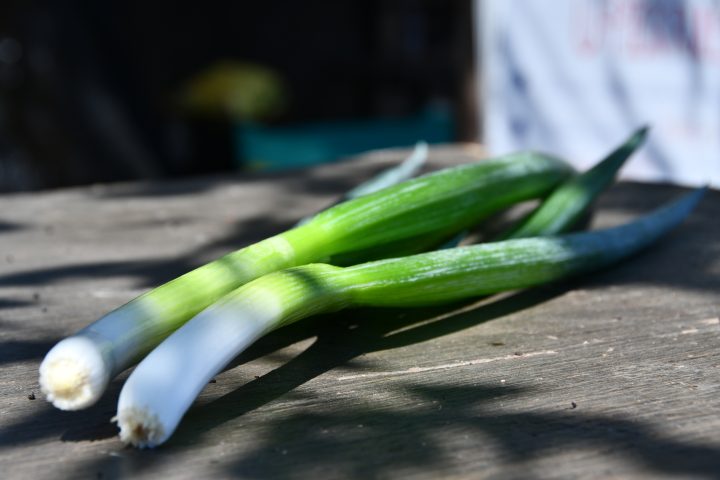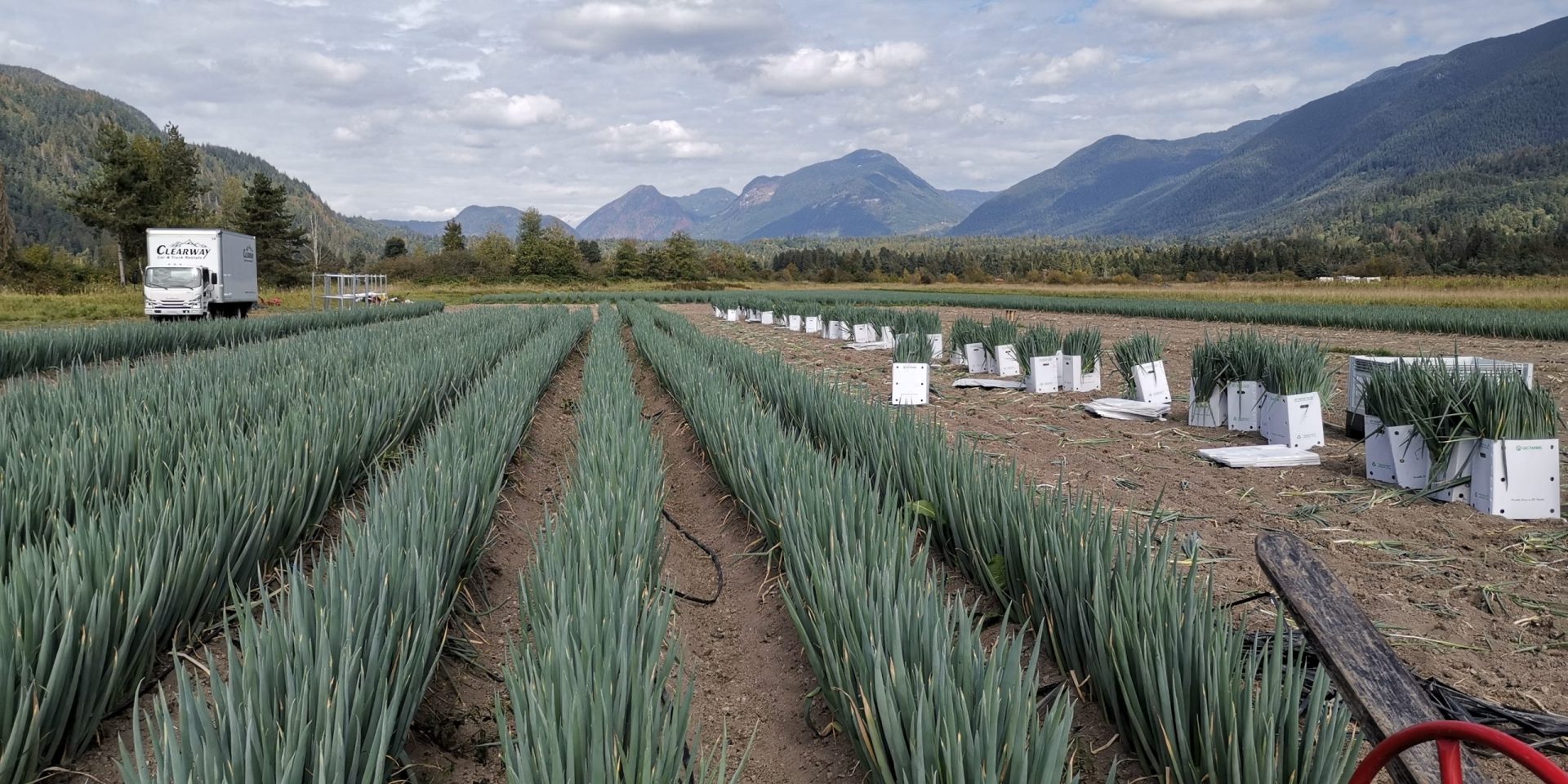Young Agrarians is celebrating the tenth year of the Business Mentorship Network (BMN) program in BC and the second year of the program in the Prairies! If you are a new farmer or the next generation to take on your family farm and need support to figure out the business aspects of your farm consider applying for the 2024/2025 cohort. The BMN offers business mentorships to a diverse array of new and young farmers/ranchers/producers. Through one-on-one mentorship, peer networks and online workshops new farmers develop the skills necessary to operate ecologically sustainable and financially viable farm businesses.
Apply for the 2024/2025 program here – applications processed in October .
Check out the Business Mentorship Network page for more information!
Over the next few weeks we will introduce you to each of the new farmers in the 2024 cohort to hear about the arc of their farming journey, what their hopes are for the season ahead and what inspired them to reach out for business mentorship. To access more of these stories head over to our blog here.
Meet a Mentee: Derek (Xiaoyun) at QC Farm
My name is Derek (Xiaoyun) Jiang and my pronouns are he/him. My farm name is QC Farm. My mentor is Gemma McNeil and her farm is Zaklan Heritage Farm.
What inspired you to get into farming?
I was born and grew up in a rural farming area in eastern China, the experience of which helped me develop a love and enthusiasm towards land, nature and farming. When I lost my journalist job more than ten years ago I started farming as a sweet corn grower in China. After I moved to Canada this enthusiasm towards farming remains strong in me. Three years ago, after researching opportunities in BC, I decided to grow specialty ethnic vegetables.
How did you learn how to farm?
I have been farming since I was a kid. In undeveloped rural China in the 1970s-80s, literally all farming work was done by hand and labour in any form helps a farming family a lot. So before I left my hometown to go to a boarding school at the age of 12, I already had enough experience in growing wheat, corn, peanuts, sweet potatoes, all kinds of vegetables and fruits, and even in raising chicken, goats and pigs.
Tell us about your farm.
I farm in Mission BC, which is situated on the unceded, ancestral, and shared territory of the Stó:lō people. QC Farm is an incorporated business and we currently grow 1-2 acres of Long Green Onions each year. These are large, long and different from the regular tender bunching onions we can find in stores. These onions are mainly consumed by East Asian people.
I have my own 2 acre property in the ALR that we purchased three years agon. This is where I mainly process my vegetables and I rent my neighbour’s land for additional growing space. My farming business was started by accessing financing, including a government pandemic loan and personal credit lines.
What types of ecological farm practices and/or responses to climate change realities do you engage in?
Growing green onions in BC is greener because there is almost no need for pest and disease control using any pesticide or chemicals, thanks to the unique zone and climate found here in the Fraser Valley. The strong, long green onion plant itself can even produce some substance that can kill harmful bacteria in the soil. Weeding is also done mechanically and not by herbicide as you have to till the soil and hill up the green onions for the purpose of growing a long, white stem part of the crop. Furthermore green onion production has to involve plant rotation, as you can not grow the produce on the same piece of land in the next two or three years, to avoid fungi or nutrition problems.
What informational resources do you use on a regular basis or have you used in the past to operate your farm business?
In the past three years I have relied mainly on all kinds of online sources to gain the knowledge to operate my farming business. As my produce is a specialty one there are no existing local commercial growers. This has led me to do some trials on my own, with both production and marketing and sales.
Why did you apply for business mentorship? What do you hope to work on this year in your mentorship?
In the past 3 years, I think I have acquired quite a lot of knowledge on the commercial, local production side of Green Onions. However, I am still not so successful in the sense of marketing, scaling up and operating as a sustainable/profitable business.

What is the greatest business challenge you face as a new farmer?
The most challenging part is the management in a general sense. With the love and enthusiasm in farming, you are most likely to grow healthy and beautiful vegetables or plants, but that’s still far from enough to grow my business into an established, healthy, efficiently-operating one.
What are your primary business goals for the season?
My primary business goal for this season is to find my way forward in scaling up meaningfully to meet my customer’s demand, while at the same time becoming profitable and sustainable.
What business tools could you not live without?
I don’t know exactly what kind of tools can be seen as business tools, but the first thing that jumped into my mind was simply machinery. As a commercial grower looking to grow my products at a sustainable scale, many kinds of machinery to improve efficiency will contribute to help improve the management and survival of the business.
How can we find out more about you, your farm, and its products?
Since I only target a very limited number of wholesaling customers, I don’t have an online presence at this stage. The best way for you to find my products is at a T&T store or another local Asian supermarket. For my business specifically, a beautiful, reasonably priced locally grown product that is in demand by customers may be the best persuasive marketing tool.
This program is made possible in BC with the generous funding support of Vancity and Endswell Foundation.


 Filter by Popular Categories
Filter by Popular Categories